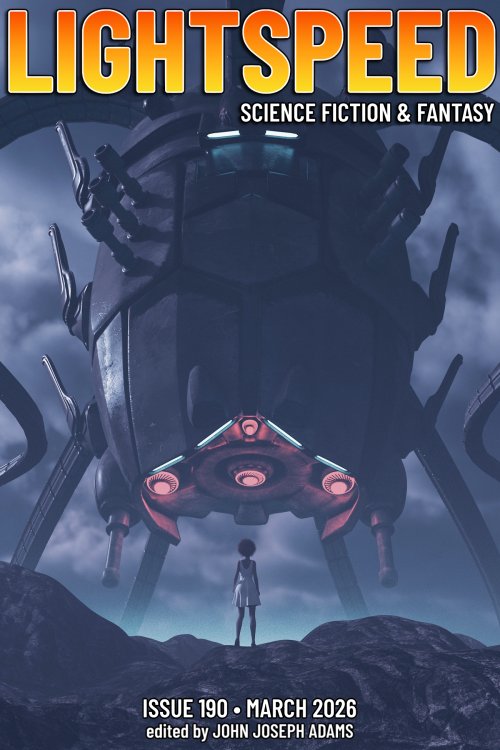Author Spotlight
Author Spotlight: Russell Nichols
To be honest, I can’t remember how it started, but at some point I came across The Jazz of Physics author Stephon Alexander. Listening to him play and analyze John Coltrane’s “Giant Steps” gave me a map for this story. From there, I could record the odyssey of Dr. Charlene Jenkins and explore what it means to take risks and break free (or not) from the structures we’re born into.









